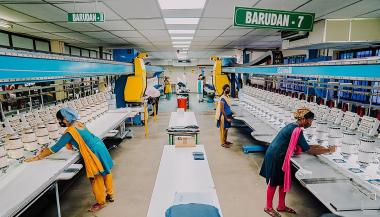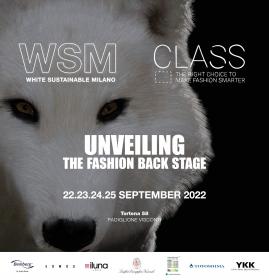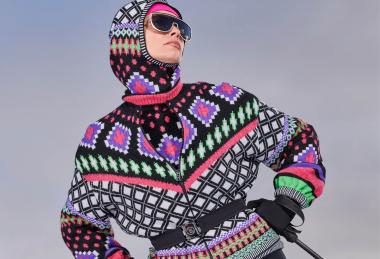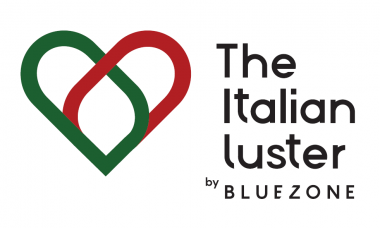Erstes Grüner Knopf-zertifiziertes Poloshirt mit Industriewäsche-Eignung
- BRANDS Fashion: Vertriebspartnerschaft mit Green Workwear
BRANDS Fashion, Anbieter für nachhaltige Workwear und Fashion Merchandise, bietet als erstes Unternehmen ein nachhaltiges Poloshirt an, das Industriewäsche-tauglich ist. Dazu kooperiert Unternehmen im Vertrieb mit Green Workwear. Unter dieser Marke wird vor allem Berufsbekleidung für das Gesundheitswesen angeboten, die aus nachhaltigen Geweben gefertigt nach hohen Öko- sowie Sozialstandards produziert wird und industriell wiederaufbereitet werden kann.
Das Poloshirt besteht aus GOTS-zertifizierter Bio-Baumwolle mit 30 % recyceltem Polyester und ist für die Industriewäsche nach ISO 15797 geeignet. Auch einem desinfizierenden Waschverfahren nach RKI hält das Polo stand. Die Produktionsstätte befindet sich in Indien – BRANDS Fashion gewährt allen Interessierten gern Einblick in die komplette Lieferkette.
Aktuell ist das Shirt in drei Farben in weiß, navy-blau und schwarz beziehbar, jeweils als Damenshirt und in einer Unisex-Variante mit Brusttasche. Sonderanfertigungen in anderen Farben sowie Individualisierungen wie nachträgliche Bestickung mit eigenem Logo sind möglich.
BRANDS Fashion































